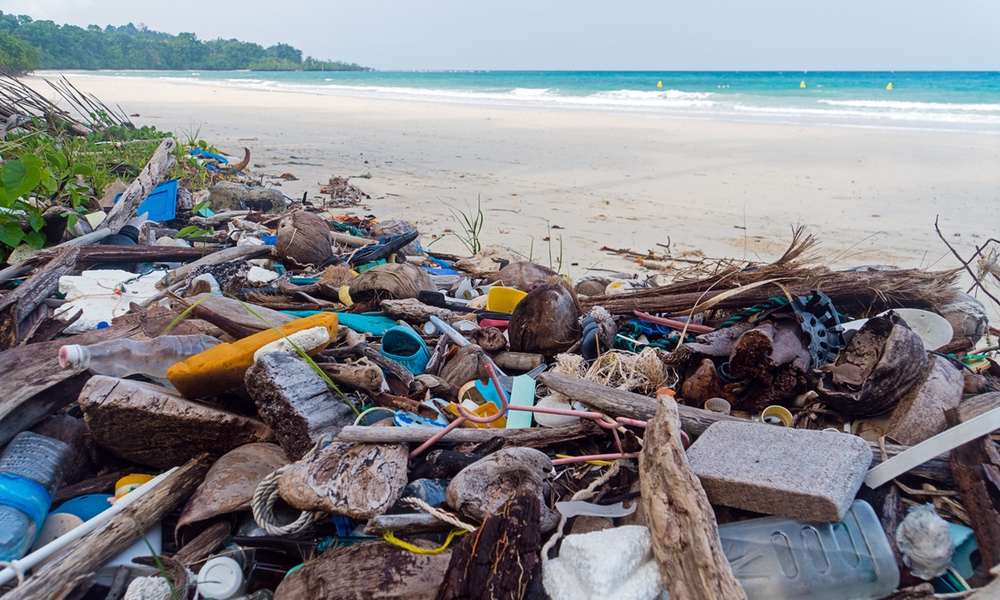It's hard being a teen. There are peer problems, school problems, parent problems and fueling it all, hormone problems.
The emotional upheavals of adolescence can be exhausting for kids and their parents. One thing that seems to help, according to a new study, is the ability to distance oneself from events and gain a broader perspective.
Teens who are able to take a mental step back from stressful events are better able to recover from them, so they don’t continue to get dragged down by them in the future. Actually, it is a strategy that can help anyone.
University of Michigan researchers asked kids, 11 to 20 years old and from a school in Washington, DC, how they felt when remembering a problem or unpleasant experience that had occurred in the recent past — like being in a fight.Teenagers who were able to distance themselves from the problem felt less angered or emotionally aroused by it in the present, and were more insightful about it.
The team asked the participants questions like, “When you saw the fight again in your imagination a few moments ago, how far away from the fight did you feel?” and “When you saw the fight again in your imagination a few minutes ago, how much did you feel like you were seeing it through your own eyes versus watching the fight happen from a distance (like watching yourself in a movie)?”
Teenagers who were able to distance themselves from the problem felt less angered or emotionally aroused by it in the present, and were more insightful about it. The older participants were generally even better at doing this than the younger ones, which suggests that the healthier coping mechanism — being able to distance oneself from a problem — may even improve with age.
“Mentally stepping back from the event didn't mean the youth were avoiding their problems,” researcher Rachel E. White said in a statement. “In fact, they were dealing with them in a more adaptive way.”
The trick is to teach this more adaptive way of distancing oneself to those who aren’t so good at it. Previous research with adults has repeatedly found that some people are like Teflon when it comes to managing stress — it seems to roll right off. Others are more like Velcro: Every little stressor seems to stick, and even accrue with time.
And although these different coping mechanisms appear to be somewhat innate, the good news is that there’s strong evidence that we can learn and internalize the more effective method over time. Therefore, teaching young people — in adolescence, or better yet, in childhood — how to distance themselves from stressful events might have important effects on their coping abilities as they age. That will be the next step in this line of research.
“These results show that teens can use self-distancing strategies in much the same way as adults,” says White. “They also suggest that the teen years could be critical in developing this way to regulate emotions.”
If you have a teen who’s having a hard time dealing with problems and stressors, it can’t hurt to encourage him or her to learn more effective coping methods. Cognitive behavior therapy, group therapy, mindfulness training, and positive psychology are different ways of learning methods to cope. And, as the authors point out, helping kids develop those skills as early as possible will set them up to be more effective in dealing with problems as adults.
The study is published in the journal Child Development.




